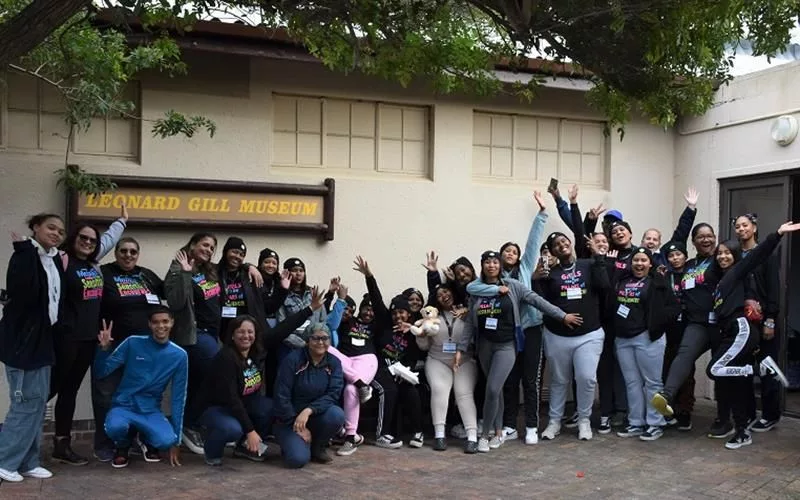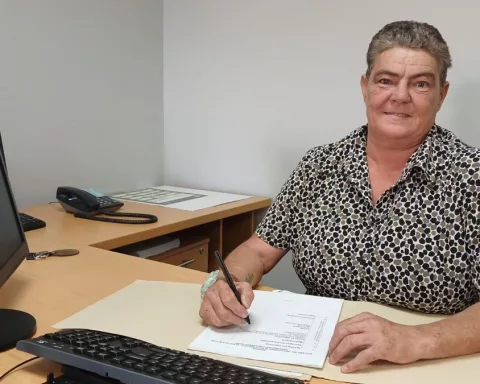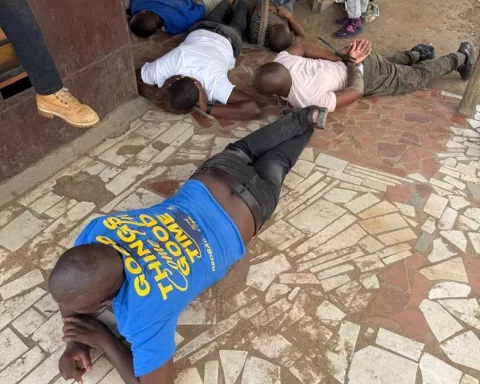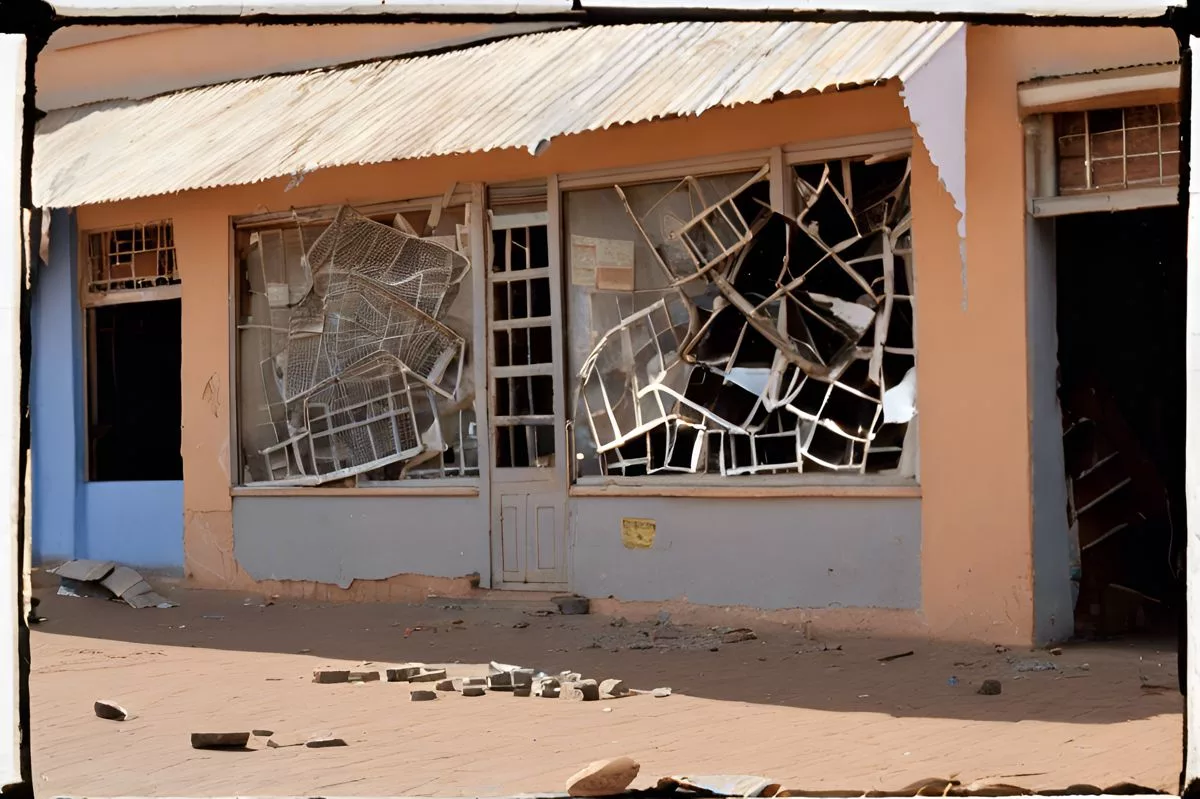The Disaster Risk Management Centre (DRMC) runs an annual resilience programme focused on disaster risk reduction, specifically tailored to cater to women and girls. The programme covers topics related to disaster management such as early warning systems, neighbourhood resilience evaluations, and waste management. The syllabus also includes practical skills such as self-defense, basic firefighting techniques, and first aid. The programme is designed to foster disaster preparedness at home and in the community through experiential learning beyond the classroom. The goal is for these newly minted disaster risk reduction ambassadors to share their knowledge and raise awareness about the critical importance of resilience and preparedness in their communities.
What is the DRMC’s Annual Resilience Programme?
The Disaster Risk Management Centre (DRMC) runs an annual resilience programme focused on disaster risk reduction, specifically tailored to cater to women and girls. The programme covers topics related to disaster management such as early warning systems, neighbourhood resilience evaluations, and waste management. The syllabus also includes practical skills such as self-defense, basic firefighting techniques, and first aid. The programme is designed to foster disaster preparedness at home and in the community.
The ever-increasing threats due to climate change have made resilience, the ability to bounce back from adversities, a crucial survival mechanism. This is particularly the case with disaster risk reduction, an area where metropolitan Disaster Risk Management Centre (DRMC) has been making substantial breakthroughs.
Fostering Resilience: The Annual Program by DRMC
In late June, the DRMC concluded its annual resilience programme, specifically tailored to cater to women and girls. This initiative, labelled the ‘Women & Girls Invisible Force of Resilience’ programme, brought together a diverse group of 19 learners from various high schools in Tafelsig, Mondale, Portlands, and AZ Burman.
The programme’s syllabus was designed around various themes related to disaster management. It started with a basic understanding of disaster preparedness, highlighting potential hazards, and the significant role of an emergency ambassador.
The participants’ educational journey was not limited to a traditional classroom. The programme kicked off at the DRMC’s base in Goodwood but eventually moved to various locations, incorporating experiential learning as a key part of the curriculum.
A Broad Learning Horizon: From Climate Change to Practical Skills
This year’s resilience programme covered a wide array of topics: early warning systems, neighbourhood resilience evaluations, flood and fire prevention, plastic pollution, and the impacts of climate change. Waste management, self-defence, basic firefighting techniques, and a significant emphasis on first aid were also included in the agenda.
It was also designed to focus on disaster preparedness at home, emphasizing the necessity for families to have a disaster preparedness plan. This plan includes arrangements for pet care during emergencies. The South Africa Weather Service also contributed by providing invaluable insights on extreme weather events and early warning systems.
Experiential Learning: Beyond the Classroom
The programme was not confined to textbook learning. The students also spent a day at the City’s Rondevlei nature reserve, diving into the beauty and complexity of the natural world. Here, they understood the importance of biodiversity and ecosystems and how these elements drive our interconnectivity with nature.
In addition, the group visited the Smart Living Centre in Cape Town, where they engaged in critical contemporary discussions on climate change, water-saving initiatives, and recycling practices in the Western Cape.
The Aftermath: From Participants to Disaster Risk Reduction Ambassadors
The eagerness and passion exhibited by the participants didn’t go unnoticed. Alderman JP Smith, the Mayoral Committee Member for Safety and Security, expressed his optimism. He asserted that the newly acquired knowledge and skills would enable participants to handle real-life disasters more effectively. They’d also be able to minimize risks in their own homes and communities.
At the end of the programme, a certificate ceremony was held at the DRMC Auditorium in Goodwood. However, the programme’s end was seen not as a termination but as a stepping stone. The goal is for these newly minted disaster risk reduction ambassadors to share their knowledge and raise awareness about the critical importance of resilience and preparedness in their communities. This effort is a significant stride towards creating a more resilient society capable of managing and mitigating disaster-related risks.
What topics are covered in the DRMC’s Annual Resilience Programme?
The programme covers topics related to disaster management such as early warning systems, neighbourhood resilience evaluations, and waste management. The syllabus also includes practical skills such as self-defense, basic firefighting techniques, and first aid. This year’s programme also covered topics such as plastic pollution, climate change, and the impacts of extreme weather events.
Who is the DRMC’s Annual Resilience Programme tailored for?
The programme is specifically tailored to cater to women and girls.
Where does the DRMC’s Annual Resilience Programme take place?
The programme started at the DRMC’s base in Goodwood but eventually moved to various locations, incorporating experiential learning as a key part of the curriculum. The programme also included visits to the City’s Rondevlei nature reserve and the Smart Living Centre in Cape Town.
What is the goal of the DRMC’s Annual Resilience Programme?
The goal is for the participants of the programme to become disaster risk reduction ambassadors, sharing their knowledge and raising awareness about the critical importance of resilience and preparedness in their communities.
What practical skills are taught in the DRMC’s Annual Resilience Programme?
The programme includes practical skills such as self-defense, basic firefighting techniques, and first aid.
What is the significance of the DRMC’s Annual Resilience Programme?
The programme is a significant stride towards creating a more resilient society capable of managing and mitigating disaster-related risks. The newly minted disaster risk reduction ambassadors are equipped with the knowledge and skills to handle real-life disasters more effectively and minimize risks in their own homes and communities.












